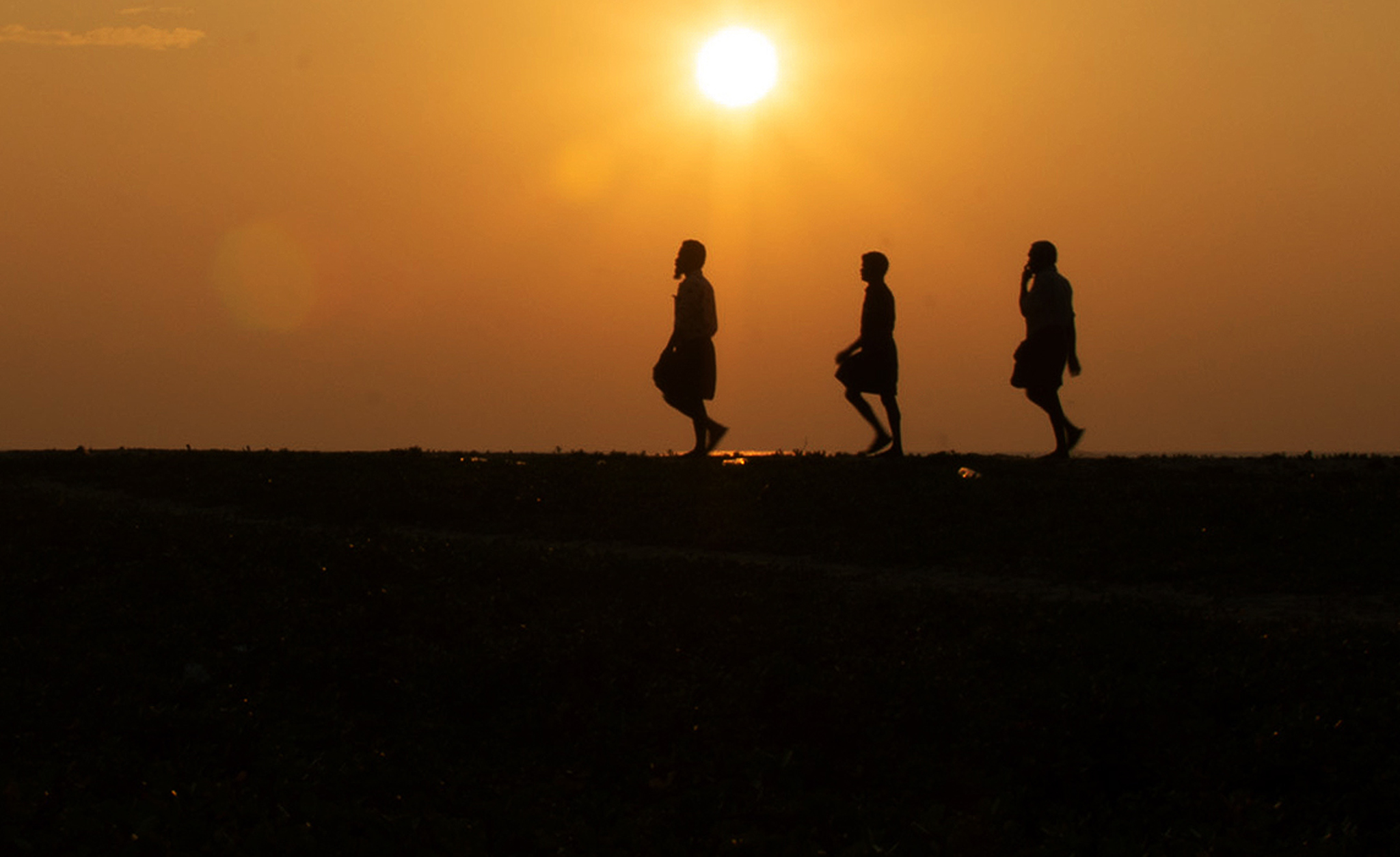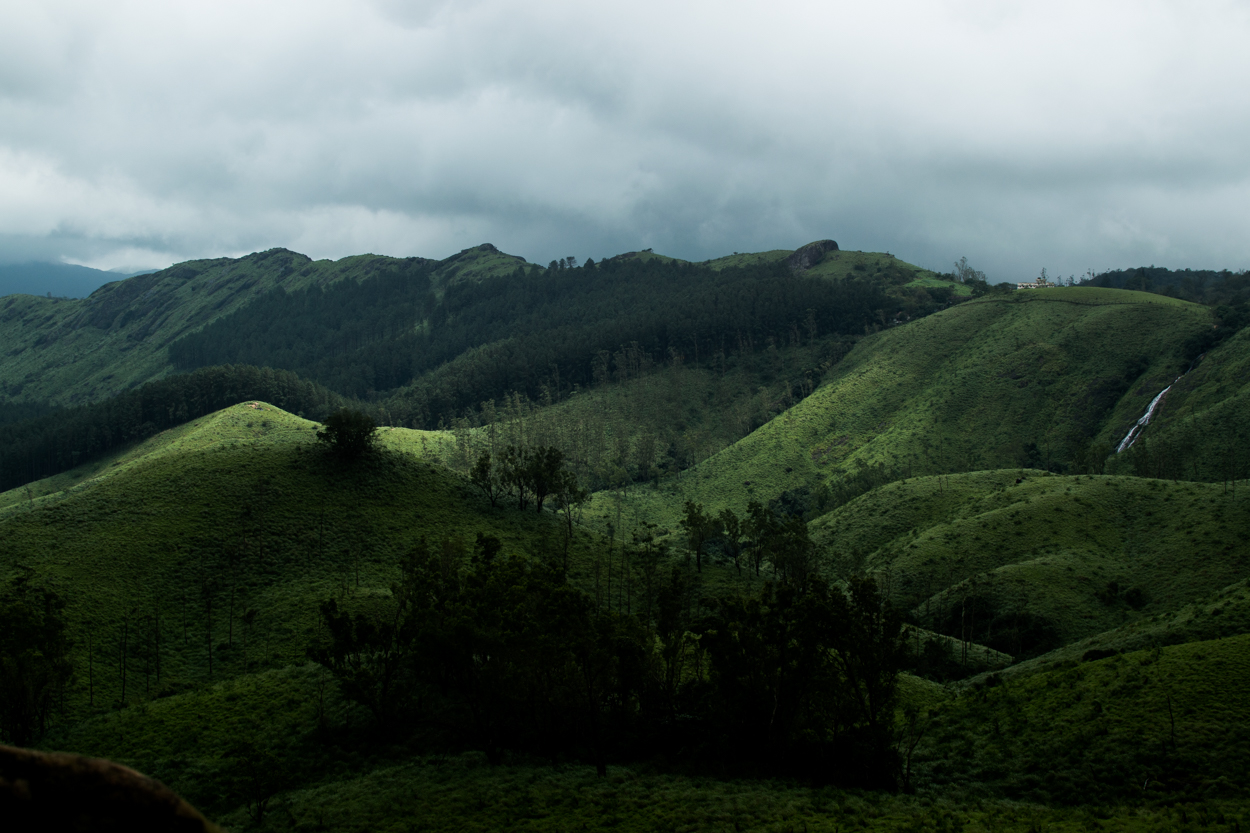Your cart is currently empty!
Taking sharp landscape photos involves a combination of proper technique, equipment, and post-processing. Here are some tips to help you achieve sharp and stunning landscape photographs:
Use a Tripod:
- A sturdy tripod is essential for landscape photography to avoid camera shake, especially during long exposures.
Select a Small Aperture:
- Use a small aperture (large f-number, e.g., f/8 to f/16) to achieve a greater depth of field, ensuring that both the foreground and background are in focus.
Use a Remote Shutter Release or Self-Timer:
- To prevent camera shake when pressing the shutter button, use a remote shutter release or the camera’s self-timer function.
Choose a Low ISO:
- Use the lowest ISO setting possible (e.g., ISO 100) to minimize noise and maximize image quality.
Focus Techniques
- Manual Focus:
- For precise control, switch to manual focus. Use the live view feature on your camera to zoom in and focus on a specific point.
Shooting Techniques
- Shoot in RAW:
- RAW files contain more data than JPEGs, giving you greater flexibility in post-processing to enhance sharpness and detail.
- Use Mirror Lock-Up:
- If your camera has a mirror lock-up feature, use it to reduce vibrations caused by the mirror movement.
- Pay Attention to Weather and Lighting:
- Shoot during the golden hours (shortly after sunrise or before sunset) for the best light. Overcast days can also be great for even lighting without harsh shadows.
Composition Tips
- Foreground Interest:
- Include interesting elements in the foreground to add depth and make your photos more engaging.
- Rule of Thirds:
- Use the rule of thirds to compose your shot, placing key elements along the grid lines or at their intersections.



